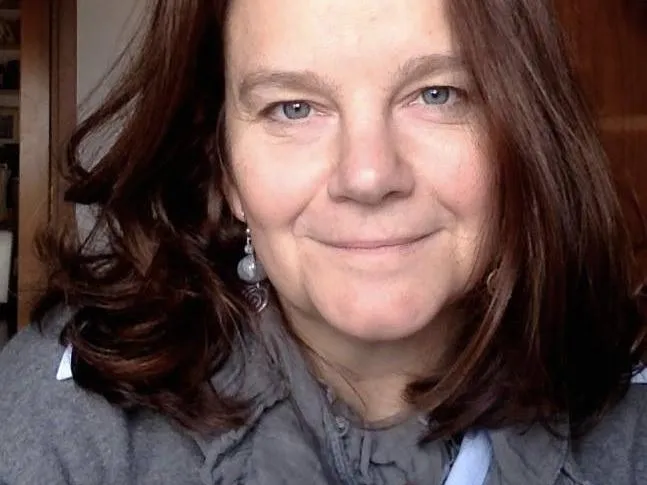
Challenges to Social Inclusion
Enormous steps forward have been taken, even just in the last five or ten years, when it comes to rights.
We can see this from small things in our daily lives. Presenting an all-male panel of experts on any subject nowadays would not go unnoticed and uncriticized. All-gender restrooms are becoming the norm, and so is trying to modify sexist language in a more inclusive direction. Commercials are increasingly defying prejudices and stereotypes, rather than reinforcing them.
More generally, gender has been "mainstreamed" in most international organizations. This means that there will not be necessarily a specific office to deal with gender issues, but rather that it is the task of everybody to pay attention to the different repercussions of certain policies on different genders. Similarly, policymakers in diverse societies are more and more often thinking about the race-specific effects that some of the policies they propose might have.
Data scientists around the world are becoming increasingly aware that economic indices ought to be disaggregated by gender and race, so that we have a more accurate description not just of the state of a whole community, but specifically of the different identities within that community.
What according to some has become a public space where "you can't say anything anymore" to me looks like a public space where efforts are being made not to discriminate, offend, and yield to stereotypes. But the resistance and backlash against change are real, and become visible in the astonishing figures about femicides and violence against women, LGBTQIA+ individuals, and ethnic minorities all over the world.
We should also remember that economic deprivation is a major roadblock on the way of many individuals towards full enjoyment of their rights: for many around the world, and in our cities, it is nearly impossible to protest against discriminatory work environments, lest their livelihoods are jeopardized.
Are rights you cannot claim, rights whose infringement you cannot denounce because you cannot afford to lose that job, or because you cannot expose your undocumented status to the authorities, still rights? Aren't human rights the baseline beneath which no human should have to go?
The three challenges I see ahead for rights are: the backlash against established rights, the erosion of legitimacy stemming from systematically and arbitrarily excluding whole categories, and the extension of rights beyond the borders of existing liberal democracies.
There is backlash against the expansion of rights to women, LGBTQIA+ individuals, and ethnic minorities, especially among those who had been privileged by a more exclusive distribution of rights. This backlash has led to political wins for populist movements and right-wing parties, which in turn have started to restrict some rights (cases in point are the overturning of Roe v. Wade, the Supreme Court decision legalizing abortion at federal level in the United States, or the limitation of parental rights of same-sex couples in Italy).
The language of rights itself is under threat and is losing legitimacy. Countries where rights are most established appear to look for excuses to limit the rights of non-citizens and of anyone who find themselves outside their borders. Countries who had prided themselves on being the cradles of liberalism and boasted about their democratic credentials now suggest that those values they had promoted as universal in fact only apply to their citizens. But what does this look like from the outside? Citizens of autocratic, or institutionally weak countries (many former European colonies), who knock at the doors of wealthy and politically stable countries find that those doors won't open for them, making citizenship in Western democracies – as Joseph Carens vividly puts it – "the modern equivalent of feudal class privilege, an inherited status that greatly enhances one's life chances."
The third challenge is a form of solidarity that might support precisely these citizens of politically weaker countries to improve the enjoyment of rights. This is of course a delicate enterprise, in the wake of several military interventions in the last couple of decades, which have generally left the countries where the intervention was carried out arguably worse off than they were before regarding human rights. But transnational advocacy networks, composed of international agencies, nongovernmental organizations, some government officials, and other activists, can be quite effective in negotiating increasingly better terms for silenced individuals or groups.
These challenges require the political and intellectual commitment of anyone who cares about rights and their defense. No outcome is predetermined and cynicism and despair are the best allies of those who do not regard the enjoyment and expansion of rights favorably.